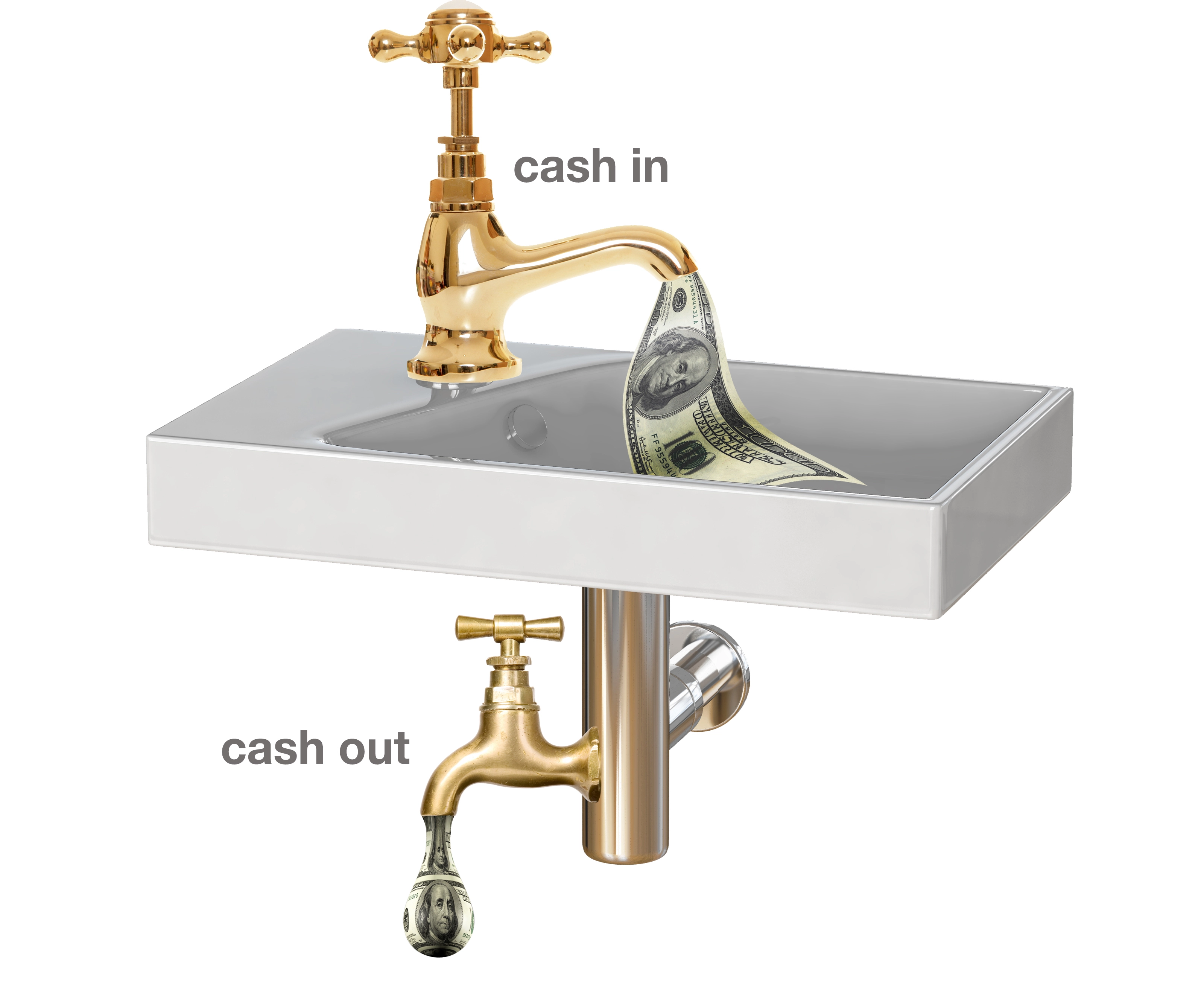Setting expectations and role-playing are essential.
Go into your service department and pull all of the service tickets from the past four weeks. Count how many are completed correctly (including model and serial number, customer signature, etc.). Count the number that include recommended work. For those of you on flat rate, count the number that had recommended repairs. Count the number that had recommended repairs declined by the customer.
In my experience of reviewing service tickets, most service technicians don’t do a thorough diagnosis. Or, if they do, they don’t write everything down that they see right and wrong with the systems. They don’t make recommendations.
I started thinking about why this might be. From what I’ve observed, technicians tend to remember the noes and forget about the yeses. Most are so fearful about getting a no that they don’t ask questions, write things down, or explain the facts to the customer.
This is a disservice to the customer. It is the technician’s responsibility to do this because it is in the best interest of the customer. It is the customer’s right to say yes or no. Customers should be making informed decisions; not decisions out of fear or surprise.
I see the same technician fear with residential service-agreement enrollments. My research has shown that about 30% to 50% of homeowners will enroll in your maintenance program. Let’s consider the 30% figure. That means a technician gets at least two noes for every yes he gets. Once you explain this to the technician, he becomes less fearful about getting a no because he realizes that he will get more noes than yeses.
Growing your maintenance-agreement base is a numbers game. Whether it is residential or commercial agreements, the more that you ask, the more you will generate. I don’t expect anyone — technician or commercial sales person — to use high-pressure sales tactics. They simply must present why this is a good deal for the customer and let the customer make an informed decision.
Finally, technicians’ fear may revolve around their assumption that a customer can or cannot pay. Sometimes they will do work, use a part, and not write down what they used. If you have a loose inventory system, this can easily slip through the cracks, and you’ll never know. I’ve seen many customers who look like paupers but are worth millions — and vice versa.
The technician’s job is to report the findings as he sees them in his professional opinion. Then, the customer determines what he or she is going to do, based on the facts that the technician reports. So, how do you deal with these issues? Technicians represent your company without your direct supervision. Yes, you can tell them what you want them to say, but can you be sure that they said and did what you asked? You can always review their service tickets. However, you can’t be there when they are talking with the customer.
The best that you can do is to train them. Constantly remind them of how you want them to act in a customer’s presence. Reinforcement is necessary. I’m sure that when you tell your technicians and other employees what you want them to do, they do it for a while and then slip back into old habits. So, telling them once is not enough. Roleplaying is essential.
If you just tell them what you want, your employees will only think about what they are going to say and never say it. Unless practiced, you can be sure that what comes out of their mouths in the customer’s presence is not what they thought about and what you want!
Customer-service training must be continuous and thorough. When you talk through some of these fears and the tendency of technicians to remember the noes rather than the yeses, you’ll have a greater comfort level that the technicians will do things that are in the best interest of the customer. An educated customer will make the right decisions. And, he will trust your technician, which means that he will trust your company, and you’ll have his business as long as you keep his trust.
Ruth King has over 25 years of experience in the hvacr industry and has worked with contractors, distributors, and manufacturers to help grow their companies and become more profitable. She is president of HVAC Channel TV and holds a Class II (unrestricted) contractors license in Georgia. Ruth has written two books: The Ugly Truth About Small Business and The Ugly Truth About Managing People. Contact Ruth at ruthking@hvacchannel.tv or 770.729.0258.





